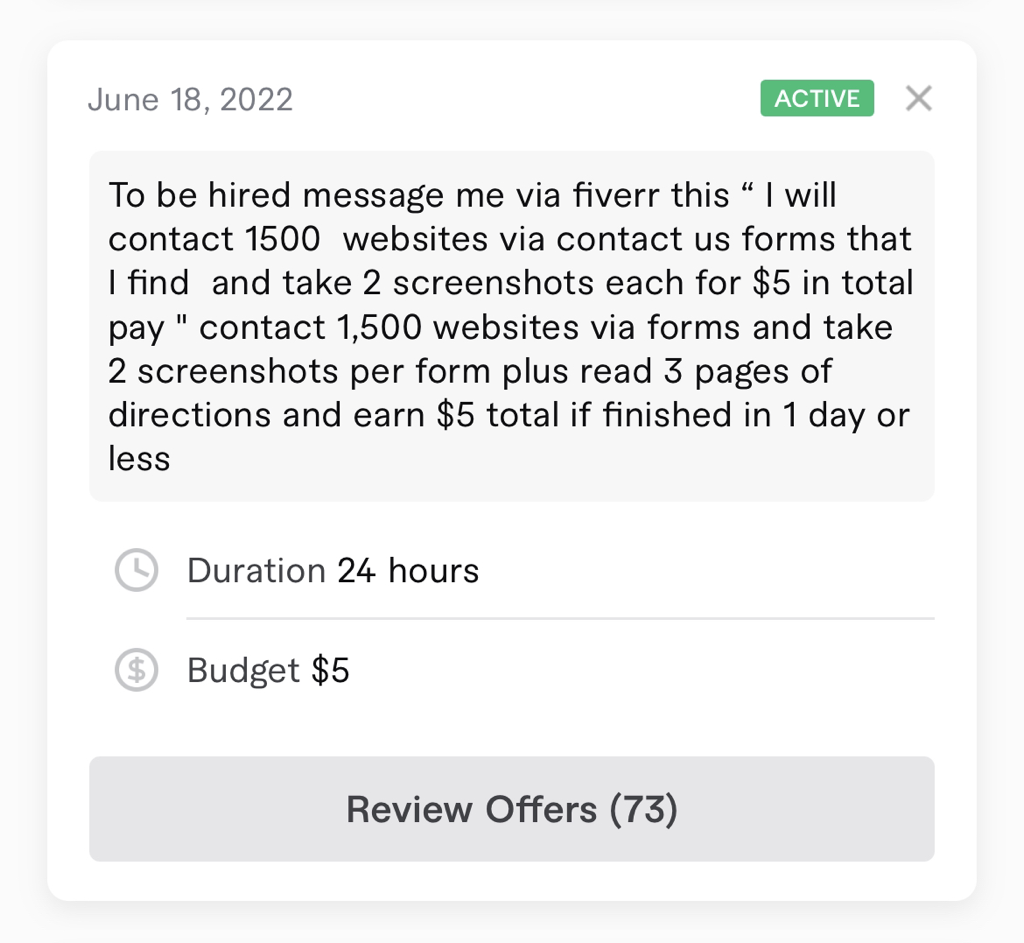|
How to Get a Business Loan
1. Figure out what kind of funding you'll need to maintain your business afloat. Lenders will question as to why you need a small-business loan. Your response will most likely fall into one of three categories, which can aid you in determining which type of business loan is right for you: There are two types of loans available: SBA loans and conventional term loans. These usually have large borrowing restrictions — SBA loans, for example, have a maximum lending amount of $5.5 million. Many lenders also offer solutions customized to the needs of a growing company, such as equipment or vehicle financing. Business credit cards and personal loans are two financing possibilities for entrepreneurs. Businesses in their first year of existence are sometimes unable to secure business loans because lenders require immediate payment. A company credit line. If you want to keep track of your day-to-day costs, this could be a good option. This type of flexible financing allows you to access funds as needed to cover obligations like payroll or unforeseen repairs, providing a handy safety net. 2. Determine whether you are eligible for a company loan. To see if you meet the conditions for a small-business loan, answer the following questions: How's your credit rating? Each of the three major credit agencies, Equifax, Experian, and TransUnion, will provide you with your credit report for free. Several credit card issuers and personal financial websites, such NerdWallet, will also provide you your credit score for free. According to Suzanne Darden, a finance specialist at the Alabama Small Business Development Center, banks prefer to offer low-rate business loans to clients with credit scores of at least 680. Consider small-business loans for borrowers with terrible credit or loans from a nonprofit microlender if your credit score falls below that mark. Have you been in business for a long time? Most online small-enterprise loans require at least one year of business experience, whereas most bank loans require at least two years. Do you have a sufficient income? Many lenders need a certain amount of annual income, which might range from $50,000 to $250,000. Consider short-term business loans, SBA microloans, or even equipment finance if your revenue isn't adequate. 3. Figure out how much you can pay each month. Examine your company's financials, particularly cash flow, and determine how much you can afford to put into loan repayments each month. Make sure to account for the fact that certain online lenders expect daily repayments. According to Darden, your entire income should be at least 1.25 times your total costs, including your new repayment amount, to easily repay your loan each month. If your monthly revenue is $10,000 and you pay $7,000 in rent, payroll, and other expenses, you should be able to afford a $1,000 monthly loan payment. Your income ($10,000) equals 1.25 times your costs ($8,000). 4. Determine whether and how you'll use collateral to secure the loan. A secured loan necessitates the use of business collateral, such as property or equipment, which the lender can seize if you default on the loan. Putting up collateral is hazardous, but it can increase the amount you can borrow from lenders and help you receive a better interest rate. Even for unsecured loans, lenders may require a personal guarantee. This implies you'll personally repay the loan if your company can't, and it may let a lender to foreclose on your home or car if you don't pay. 5. Shop around for small-business lenders. Online lenders, banks, and nonprofit microlenders are the three main providers of small-business loans. Each usually has several goods, but one may be superior to the others under particular situations. When to use internet lenders for a business loan: You're short on cash. In business, you're short on time. You require financing right away. Small-business loans and lines of credit ranging from $1,000 to $5 million are available from online lenders. Depending on the lender, the kind and size of the loan, the length of the repayment term, the borrower's credit history, and if collateral is necessary, the average annual percentage rate on these loans ranges from 6% to 99 percent. These lenders rarely provide lower APRs than traditional banks, but approval rates are greater and funding is faster — as fast as 12 hours — than with banks. When to seek a bank loan for a business: You've had your company for at least two years. You have excellent credit. You don't require immediate cash. Term loans, lines of credit, and business mortgages are all traditional bank choices for purchasing or refinancing properties. The US Small Business Administration, under its 7(a) lending program, provides general small-business loans, short-term microloans, and disaster loans to banks. According to the Congressional Research Service, the SBA grants loans up to $5.5 million, with 7(a) loans average $704,581 in fiscal year 2021. SBA microloans cost an average of $13,000. The SBA also offers a 504 loan program, which aids community economic development by providing long-term, fixed-rate financing for businesses' fixed asset purchases, such as land, buildings, or equipment. Due to considerations such as reduced sales volume and cash reserves, getting a small-business loan from a bank might be difficult. When you add in low personal credit or a lack of collateral, it's no surprise that many small-business entrepreneurs come up empty-handed. Although it takes longer to get funded than other options, banks normally provide the lowest APR. When should you turn to microlenders for a business loan? If you have terrible credit or no credit history. You're a brand-new company. You won't be able to obtain a typical loan. Microlenders are non-profit organizations that specialize in making small loans of less than $50,000. The annual percentage rate (APR) on these loans is usually greater than on bank loans. The application process can be lengthy if it requires a detailed business plan, financial statements, and a description of how the loan will be used. Furthermore, the loans are "micro" by definition. These loans, on the other hand, might be a good fit for smaller businesses or startups that can't get typical bank loans owing to a lack of collateral, a lack of operating history, or a lack of personal credit. Microlenders include Accion Opportunity Fund, Kiva, and Accompany Capital, to name a few. Calculate how much a business loan will cost. Calculate your projected payments to check if you're eligible for a business loan. 6. Gather all of your documentation Make sure you have all of the necessary documents before applying. The process of obtaining a small-business loan will be streamlined if these files can be located and made easily accessible now. You'll need to provide a mix of the following, depending on the lender: Tax returns for both businesses and individuals. Bank statements for both your business and personal accounts. Financial statements for a business. Documents pertaining to business law (e.g., articles of incorporation, commercial lease, franchise agreement). This is a business plan. 7. Make an application for a company financing. You've done it! It's time to apply now that you've decided on the type of loan and lender that's best for you. Begin by comparing two or three comparable loan possibilities based on loan conditions and annual percentage rate, or APR. APR is the easiest way to comprehend the overall cost of a company loan for the year because it includes all loan fees in addition to the interest rate. Choose the loan with the lowest APR among those you qualify for (as long as you can afford the loan's regular payments) and apply with the documentation you've acquired. It's worth noting that credit bureaus make no distinction between business and personal queries. When applying for a small business loan, your credit score may be affected if you utilize your personal credit history, which is why it's crucial to go with your best option.
0 Comments
Leave a Reply. |
Cox Business News staff WriterJournalists from around the world writing to give you answers, with Assitant Editor Dr Muhammad Hassan Fayyaz for articles in June and July 2021 The Editor In Chief of Cox Business News
|



 RSS Feed
RSS Feed